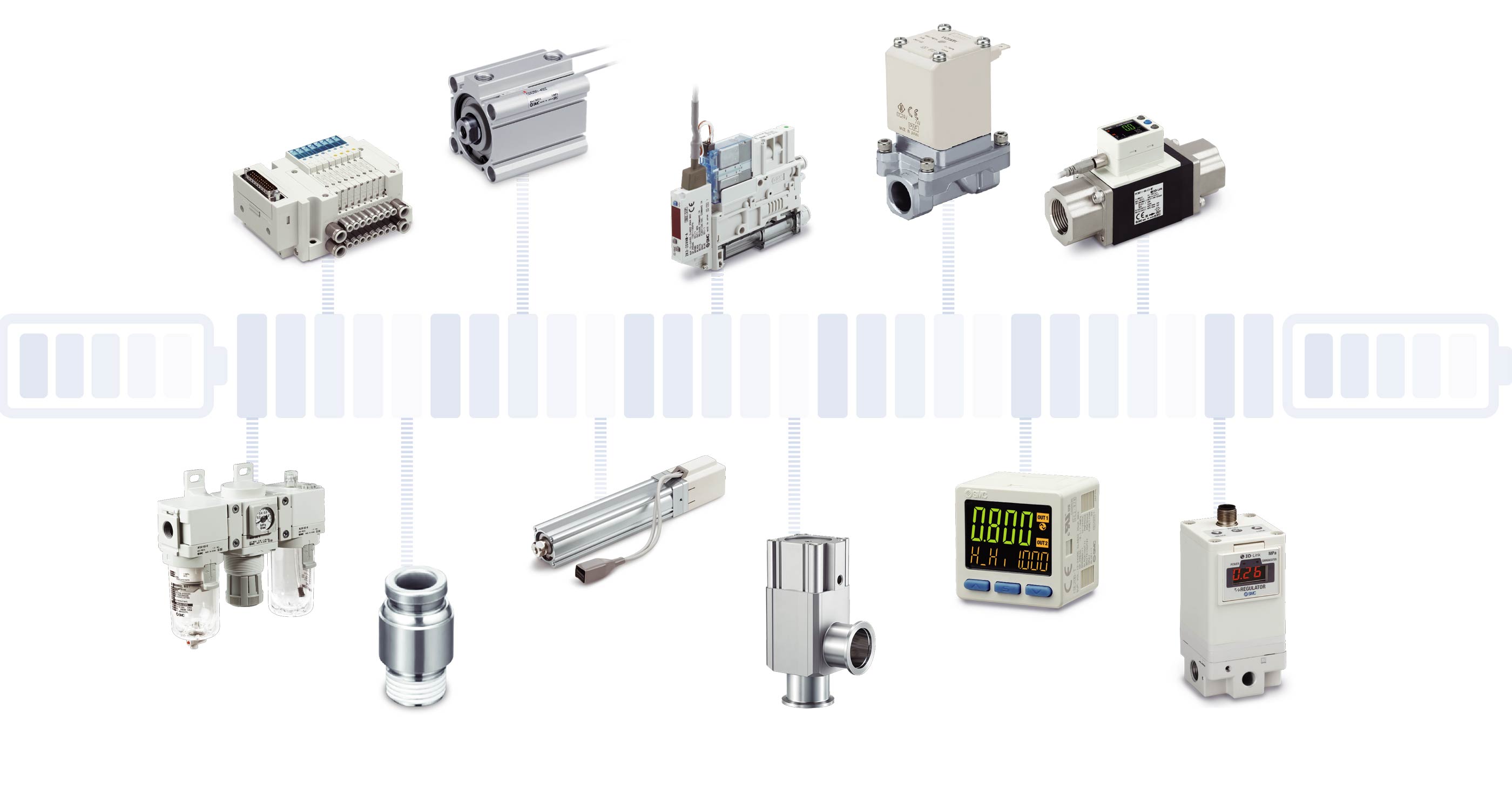To ensure the quality and safety of the batteries, it is necessary to restrict the use of some unnecessary materials such as copper, zinc, nickel, electrolytic nickel plating with a copper layer or zinc plating during the electrode and assembly production process, before the battery cell is sealed. Discover our wide range of compatible products for battery manufacturing – 25A Series.


